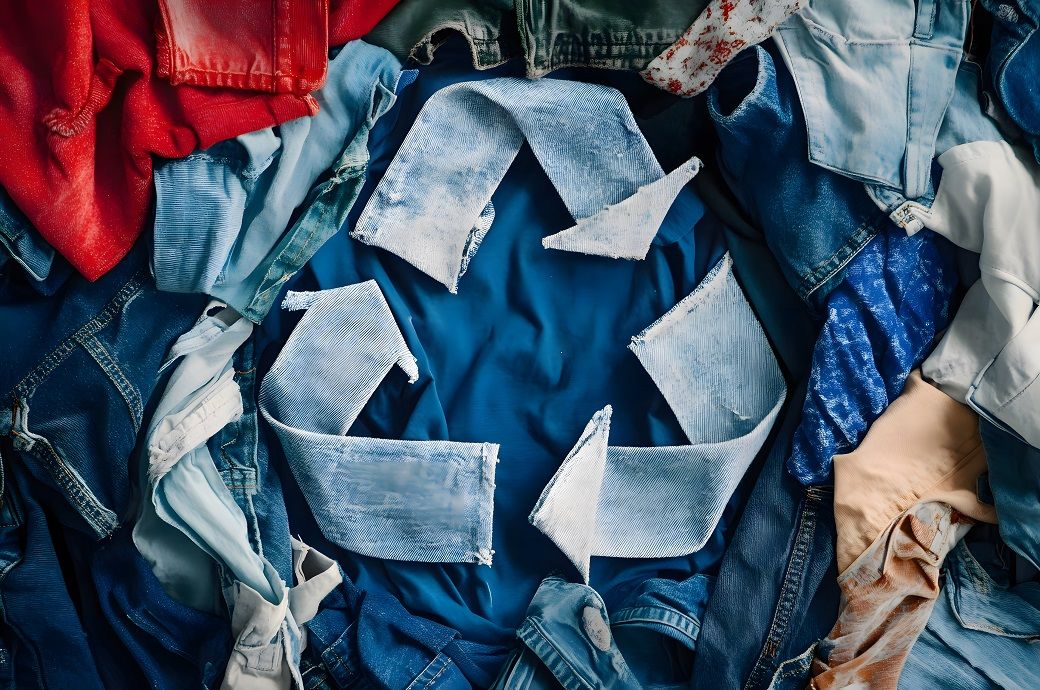
The revised directive introduces mandatory extended producer responsibility (EPR) schemes for textiles across EU member states, ensuring a level-playing field for all textile manufacturers by holding producers accountable for their products throughout their lifecycle, regardless of location and including e-commerce.
EuRIC, however, expressed regret for the 30-month implementation timeline, given the current crisis.
“EPR is a transitional tool to shift from a loner to a circular value chain. However, without ambitious eco-design criteria and mandatory uptake of post-consumer recycled content, textile recycling will always lack the necessary business model, threatening the current infrastructure, circular textile economy and thousands of green jobs,” Mariska Boer, president of EuRIC’s textile branch, said in a release.
EuRIC welcomed the inclusion of reporting requirements for social economy entities, ensuring their transparent and fair participation in EPR schemes.
The provision allowing member states to eco-modulate EPR fees based on extrinsic product durability is another key step in tackling textile waste and ensuring that the price of ultra-fast fashion reflects the environmental damage it causes, EuRIC noted.
Additionally, the European Commission’s commitment to reviewing the scheme’s effectiveness and setting clear targets by 2029 will drive progress in textile waste management, it added.
ALCHEMPro News Desk (DS)
Receive daily prices and market insights straight to your inbox. Subscribe to AlchemPro Weekly!